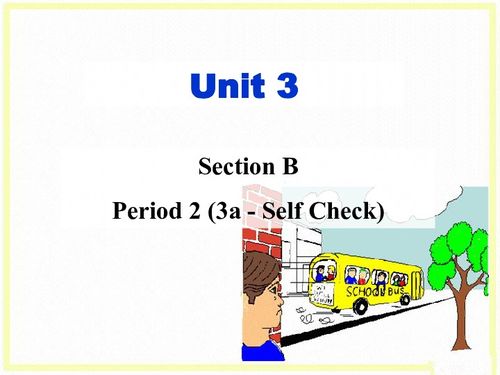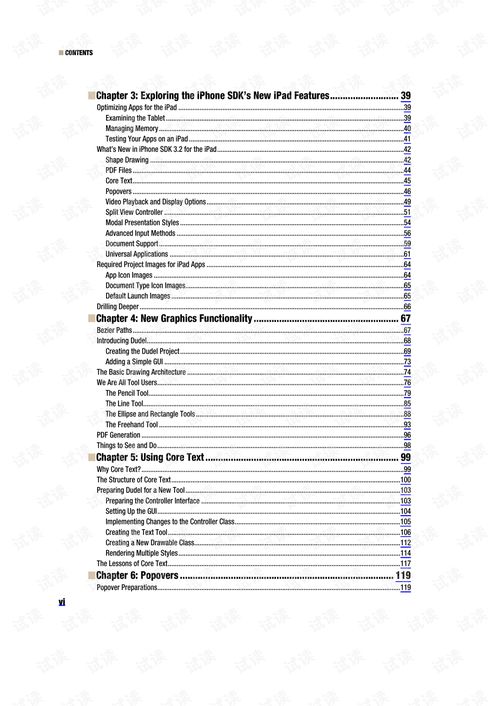Content:
Fishing is an ancient and beloved pastime that offers a unique blend of relaxation, challenge, and connection with nature. Whether you're looking to unwind on a serene lake, cast your line into a bustling river, or seek the thrill of catching a big fish, learning the basics of fishing can be an incredibly rewarding experience. In this comprehensive guide, we'll delve into the essential skills and methods that will help you get started on the right foot. So, grab your rod, and let's dive into how to learn fishing effectively.
Understanding the Basics
Before you can start fishing, it's important to have a solid understanding of the basics. Here's what you need to know:
Types of Fishing: Familiarize yourself with the different types of fishing, such as freshwater fishing, saltwater fishing, fly fishing, and spin fishing. Each type has its own techniques and equipment requirements.
Fishing Equipment: The most basic equipment includes a fishing rod, reel, line, hooks, sinkers, floats, and lures. Depending on your chosen type of fishing, you may also need additional gear like waders, a fishing vest, or a tackle box.
Fishing Techniques: Learn about casting, retrieving, and setting the hook. These are the fundamental movements that you'll use to catch fish.
Choosing the Right Equipment
The right equipment can make a significant difference in your fishing experience. Here's how to choose the right gear:
Fishing Rod and Reel: Your rod and reel are the heart of your setup. Choose a rod that matches the type of fishing you plan to do, with the appropriate length and action. For reels, consider your preferred fishing style and ensure it's compatible with your rod.
Line: The type of line you use depends on the fish you're targeting and the environment you're fishing in. Monofilament, fluorocarbon, and braided lines are common choices, each with its own strengths and weaknesses.
Hooks and Lures: Hooks come in various sizes and shapes, and the right hook size depends on the fish you're after. Lures can be natural or artificial and should mimic the movement and appearance of the fish's prey.
Mastering the Techniques
Once you have your equipment, it's time to learn the techniques:
Casting: Practice your casting technique to ensure you can accurately place your lure or bait. Start with short casts and gradually increase the distance as you become more comfortable.
Retrieving: After casting, you need to retrieve your lure or bait at a pace that mimics the natural movement of the fish's prey. Experiment with different retrieves to see what works best in your situation.

Setting the Hook: When a fish bites, you need to set the hook quickly and firmly. This involves lifting the rod tip slightly and jerking it to secure the fish.
Learning from Others
Joining a fishing club or attending a fishing workshop can be incredibly beneficial. Here's why:
Expert Advice: Learn from experienced anglers who can provide you with valuable tips and advice.
Networking: Meet other fishing enthusiasts and exchange stories, techniques, and tips.
Community: Being part of a fishing community can make your fishing experiences more enjoyable and fulfilling.
Practical Tips for Success
To improve your chances of success, consider the following tips:
Research Your Target Fish: Understand the habits, feeding patterns, and preferred habitats of the fish you're targeting.
Weather and Tides: Pay attention to the weather and tides as they can significantly affect fish activity.
Patience and Persistence: Fishing requires patience. Don't get discouraged if you don't catch anything right away; persistence is key.
Safety First: Always prioritize safety, especially when handling sharp hooks and equipment near water.
Respect the Environment: Be mindful of the environment and follow ethical fishing practices to ensure the sustainability of fish populations.
Conclusion
Learning to fish is a journey that can be as rewarding as it is challenging. By understanding the basics, choosing the right equipment, mastering the techniques, and seeking guidance from others, you'll be well on your way to becoming a skilled angler. So, don't wait any longer—grab your gear, head to your chosen fishing spot, and start enjoying the timeless pleasure of fishing. Happy fishing!












